Maarintie 8
Maarintie 8
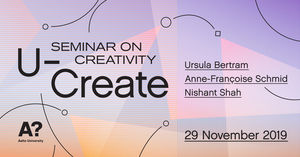
Vuoden 2019 U-Create -seminaari tutkii jatkuvasti merkittävämpää luovuuden roolia yhteiskunnassa, tieteessä, liike-elämässä ja useilla tutkimusalueilla.
Mitkä ovat nykypäivän vaatimukset luovalle ajattelulle ja työskentelytavoille? Kuinka ymmärrämme luovuutta, kun otetaan huomioon tekoälyn ja automaation valtavat vaikutukset innovaatiomalleihimme?
Yhä laajemmin tunnustetaan se, ettei yksikään tieteenala kykene itsenäisesti käsittelemään ja ratkaisemaan monimutkaisia yhteiskunnallisia ja systeemitasoisia ongelmia. Tieteenalojen välinen yhteistyö vaatii uudenlaista luovuutta, mitä seminaari käsittelee eri näkökulmista kolmen arvostetun vieraspuhujan esityksen kautta.
Seminaarin vierailevina puhujina ovat professori Ursula Bertram (Dortmundin teknillinen yliopisto, Saksa), filosofi Anne-Françoise Schmid sekä teoreetikko ja tutkimuksen vararehtori Nishant Shah (ArtEZ-yliopisto, Hollanti). Lisäksi kuulemme Aalto-yliopiston asiantuntijoiden näkökulmia luovuuteen.
U-Create seminaarin tavoitteena on käynnistää jatkuva ja kehittyvä keskustelu luovuuden tarpeellisuudesta, merkityksestä ja tulevaisuudesta yhteiskunnassa, teollisuudessa ja yliopistoissa.
10.00 – 10.10: Johdantopuheenvuoro (Bassam El Baroni ja Juuso Tervo)
10.10 – 10.55: Keynote 1: Anne-Francoise Schmid: Invention, fiction, creation
11:05 – 11:50: Keynote 2: Nishant Shah: The unbearable cleanliness of creativity: Of pornographers, pirates, and pagans
12:00 – 13:00: lounastauko
13:05 – 13:50: Keynote 3: Ursula Bertram: Is Christmas already over? About artistic thinking
13:50 – 15:00: Aalto-yliopiston puheenvuoro: avoin paneelikeskustelu: Jouko Lampinen, Emmi Pouta, Sebastian J. Schlecht, Henri Weijo ja Matthew C. Wilson (Moderaattoreina Bassam El Baroni ja Juuso Tervo)
15:00: Tilaisuuden päätös
Seminaari on maksuton ja avoin kaikille kiinnostuneille. Myös opiskelijoiden toivotaan osallistuvan. Tilaisuuteen ilmoittautuneille tarjolla on pikkupurtavaa.
Disruptiivinen, epälineaarinen, kuriton ajattelu ja toiminta on aina johtanut suuriin taideteoksiin, mullistaviin keksintöihin ja avartaviin näkökulmiin. Mutta kuinka tämä arvokas toimintamalli löytää tiensä jokapäiväiseen työelämäämme ja auttaa vastaamaan sosiaalisiin, ekologisiin ja taloudellisiin haasteisiin?
Ursula Bertram väittää, että on olennaista löytää synergia loogisesti perusteltavissa olevan tiedon ja avointen menetelmien navigointikyvyn välillä. Saadakseen selville, miten tämä synergia syntyy, Ursula Bertram on tarkkaillut taiteilijoiden, koreografien, muusikoiden ja rajojarikkovien ajattelijoiden strategioita ja toimintamalleja ja vertaillut niitä fyysikoiden, matemaatikkojen, johtajien ja tutkijoiden lausuntoihin. Hän osoittaa, että kun taiteellisia käytäntöjä levitetään ja testataan muilla kuin taiteellisilla aloilla, syntyy erittäin tehokas malli, jota kutsutaan taiteelliseksi siirtämiseksi (artistic transfer).
Keksinnön – usein yksitieteistä – käsitettä lähdetään filosofiassa laajentamaan fiktion keinoin. Keksintöä näin tarkastellaan ulkoapäin ja avataan tilaa uudelle. Se mahdollistaa variaatioita eri tieteenaloihin ja osallistumisen geneerisiin prosesseihin.
Luominen, lähes jumalallinen tapaus, koskettaa lähemmin todellisuuden muotoja. Luominen johtaa kielen tulkintaan pakottajana, joka muokkaa metaforin toimintoja suunnaten niitä kohti mahdotonta. Luominen on riippumaton tieteenaloista samanaikaisesti kun niitä käytetään luomisessa. Tämän perusteella on olemassa X, on mahdollista tehdä X, julkinen teos on todellinen = X, rakentaa yhteinen = X filosofioiden, taiteiden ja tieteiden välille.
Luovuuden ympärillä käydyt keskustelut johtavat usein luovan tekijän keskiluokkaistumiseen ja glorifikaatioon. Luovuus esitetään usein sekä niukkana resurssina että etuoikeutettuna tilana, jolla voi tehdä väliintuloja. Jopa silloin, kun painopiste on "päivittäisessä luovuudessa" tai "yleisessä luovuudessa", joka haastaa kaikki keskustelemaan luovuudesta, poistetaan keho ja subjektiivisuus tietoisesti. Usein saastaiset, kielletyt, häiritsevät ja vaaralliset uhrataan luovien menetelmien alttarilla.
Shah keskittyy luovuuden teknologisiin lähestymistapoihin. Hän on tutkinut luovuuskeskustelujen rajoituksia, ja ehdottaa, että meidän on tehtävä luovuudesta likaista ja epämukavaa, jotta voimme ottaa huomioon erilaiset tulevaisuudet.
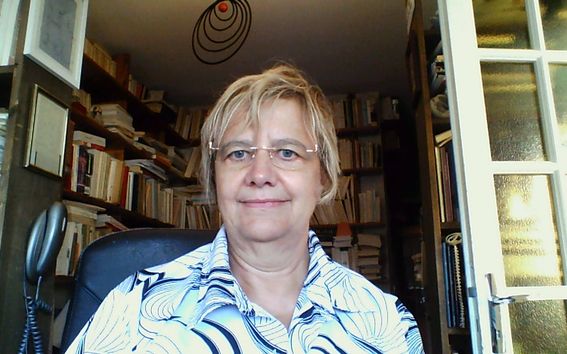
Anne-Françoise Schmid is a philosopher among the scientists (EPFL, INSA, INRA, MinesParisTech) and recently philosopher among artists (film vimeo Letre, philosophical scripts, collaborations with Robin Mackay, Benoît Maire, Alice Lucy Rekab, Gallien Déjean, Ivan Ebel). Schmid is a Poincaré specialist and editor of Russell and Couturat, she taught philosophy and epistemology at the University of Paris Ouest Nanterre, mathematical logic at the University of Geneva, epistemology and ethics at INSA de Lyon.
Her work addresses the problem of how to avoid exclusions: exclusions of scientific methods emerging in science in light of what she sees in laboratories and research centers/exclusion of philosophies in the name of the supremacy of one of them. To this end, she has worked to decipher the hypotheses of classical epistemology [See: ‘The Age of Epistemology, Science, Engineering, Ethics’, ed. Kimé, Paris, 1998] and has made theoretical extensions that can take into account the generalized interdisciplinarity of the contemporary sciences. She works in parallel with a philosophical style not in, but with philosophies in their multiplicity. She has written several fictions about lost films and philo-fictions to explain some characteristics of philosophical invention.
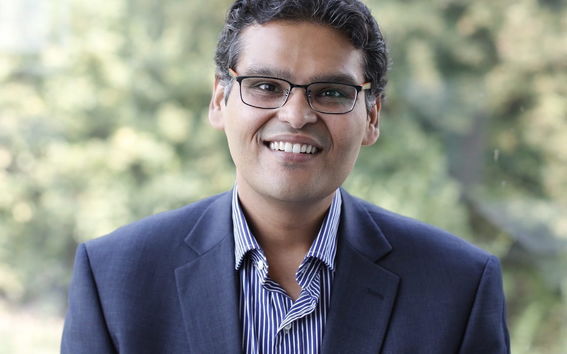
Dr. Nishant Shah is a feminist, humanist, technologist and is currently the vice-president of Research at the ArtEZ University of the Arts, The Netherlands. He works as a knowledge Partner with The Digital Earth fellowship with Hivos, and with the Feminist Internet Research Network with the Association of Progressive Communication.
His ongoing work is invested in understanding the state of misinformation, fakeness, and violence through the frame of techno-aesthetics ‘aesthetechs’ in order to find new processes of civic action.
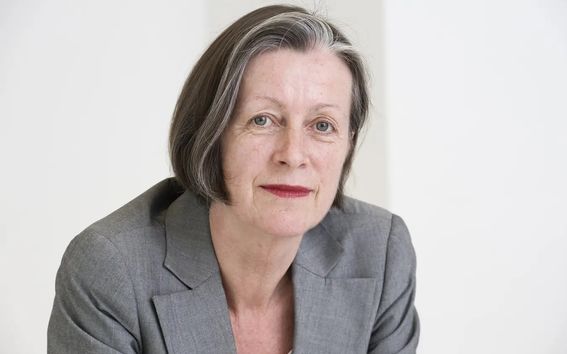
Ursula Bertram is an artist and em. professor at the Technical University Dortmund, Germany. Guest professor in the USA and Venezuela. Her research focuses on the transfer of artistic thinking into other fields, such as business and science. She is the founder of the flagship project Centre for Artistic Transfer 2007, with the [ID] factory providing an interdisciplinary space for teaching and the development of non-linear, artistic thinking.
Her artistic works have been exhibited in Germany, the United States, Russia, and Venezuela. In 2012, The Centre for Artistic Transfer/[ID]factory was awarded a prize by the NRW Ministry of Innovation, Science and Research. Her latest publications are ARTISTIC TRANSFER, Efficiency Through Unruly Thinking, Transcript, 2018; PROMOTION, research as misunderstanding 2017; and Kunst fördert Wirtschaft, Transcript 2012.
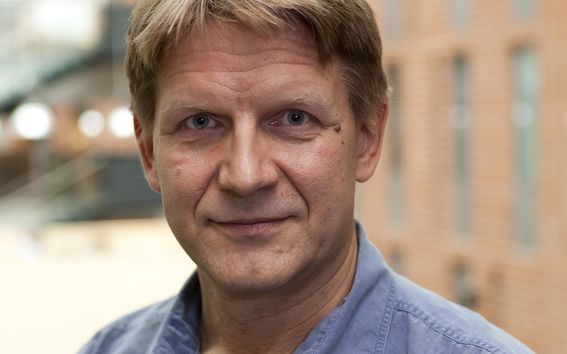
Jouko Lampinen is professor in Computational Science and Dean of the School of Science, Aalto University.
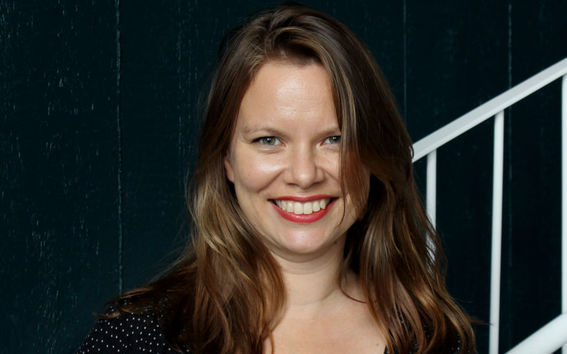
Emmi Pouta is a textile designer working in the intersections of textile and technology, and driven by a desire to push the boundaries of textile capabilities. She is currently working on her PhD between the Aalto University School of Art, Design and Architecture and the School of Electrical Engineering, with the aim of understanding how the skills of a textile designer may be situated within the HCI process. She has specialised in woven textiles, with an eTextile-focus on multilayer sensor structures and the integration of electronics into textile materials, from design-orientation.
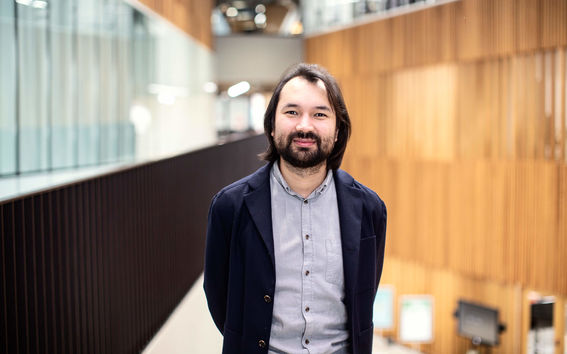
Sebastian J. Schlecht is a Professor of Practice for Sound in Virtual Reality at Aalto University, Espoo, Finland. He received the Diploma in Applied Mathematics from the University of Trier, Germany, in 2010 and the M.Sc. degree in Digital Music Processing from School of Electronic Engineering and Computer Science at Queen Mary University of London, UK, in 2011. In 2017, he received a doctoral degree at the International Audio Laboratories Erlangen, Germany, on artificial spatial reverberation and reverberation enhancement systems. From 2012 on Dr. Schlecht was also an external researcher and the lead developer of the 3D Reverb algorithm at the Fraunhofer IIS, Erlangen, Germany. He received best paper awards at IEEE Workshop on Applications of Signal Processing to Audio and Acoustics (WASPAA 2019), International Conference on Digital Audio Effects (DAFx 2018), AES International Conference on Audio for Virtual and Augmented Reality (ARVR 2018). His research interests are acoustic modelling and auditory perception of acoustics, analysis, and synthesis of feedback systems, music information retrieval, and virtual and augmented reality. He is also an active live and studio musician in contemporary and popular music.
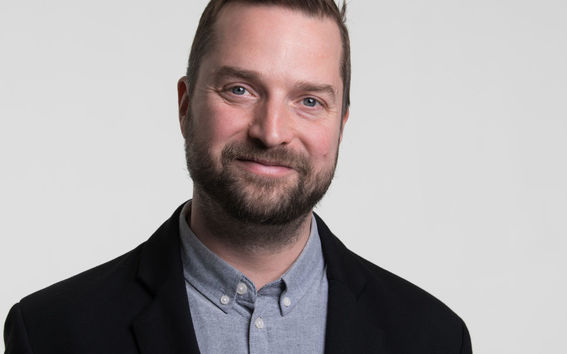
Henri Weijo is Assistant Professor in Marketing at Aalto University School of Business. His research focuses on consumer creativity in its various forms. He also teaches creativity in marketing and is both the director of the Marketing Master’s program and the head of the Fashion Management minor on the business school side.
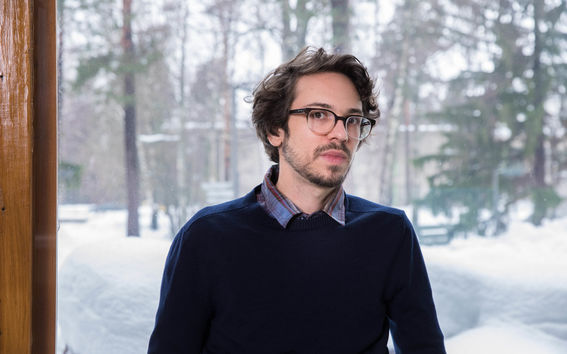
Matthew C. Wilson is an American artist based between the Netherlands and Finland, he is currently Aalto University’s Artist-in-Residence. In his videos, sculptures, and installations viewers meet a range of agents—mercurial materials, sites, non-humans, personae, and inter-subjective entities—that are entangled with natural processes and shape-shifting historical forces. Wilson holds an MFA in Visual Arts from Columbia University. He has been a participant in the Whitney Independent Study Program and numerous residencies including the Jan van Eyck Academie and Skowhegan. Recently, Wilson launched the Spectral.Exchange platform as an outcome of an Artistic Research Residency at Tabakalera, San Sebastián, ES, and premiered his short film Within the Temple Without at IFFR - International Film Festival Rotterdam.
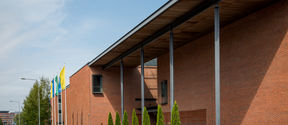
Maarintie 8
Sivulta löydät ravintolat, Aalto Space -mobiilisovelluksen, kulkuluvat, kartat ja avaimet! Tutustu myös virtuaalikierrokseen.

Aalto-universitetet främjar konst och kreativitet på alla områden och i alla delar av samhället. Ett av våra mål är att förnya samhället genom konst, kreativitet och design. Vi är ledande på att kombinera konst och kreativitet med forskning och utbildning.